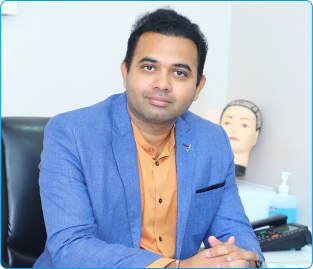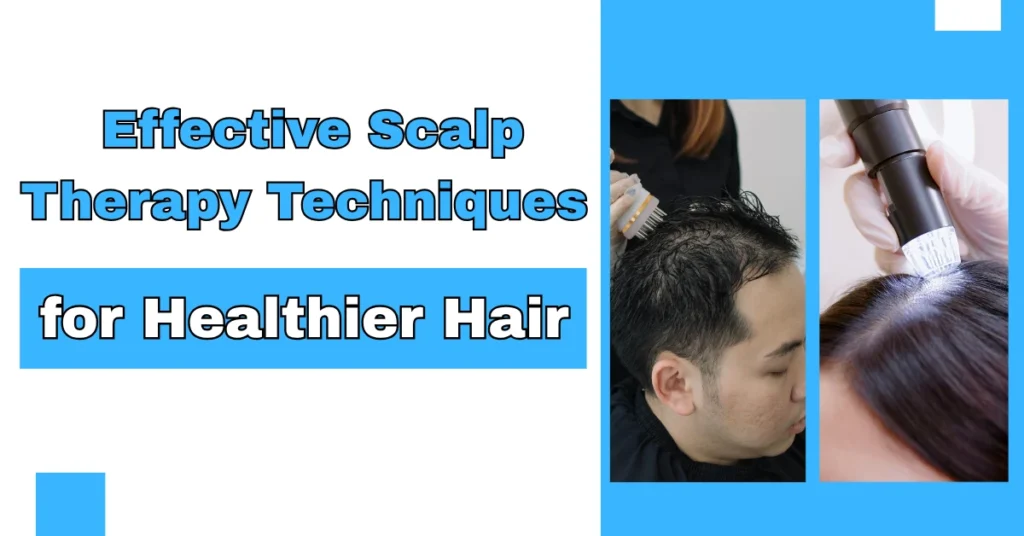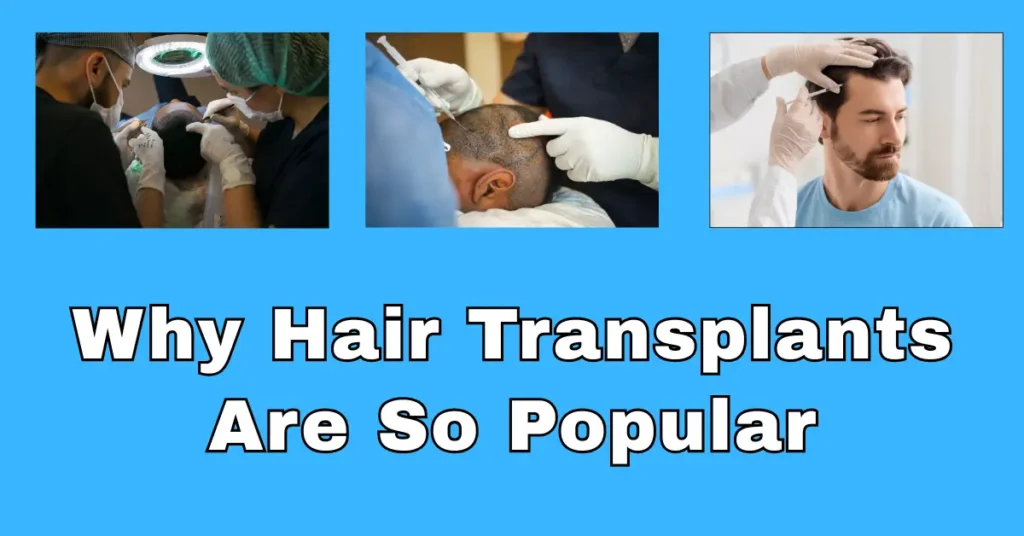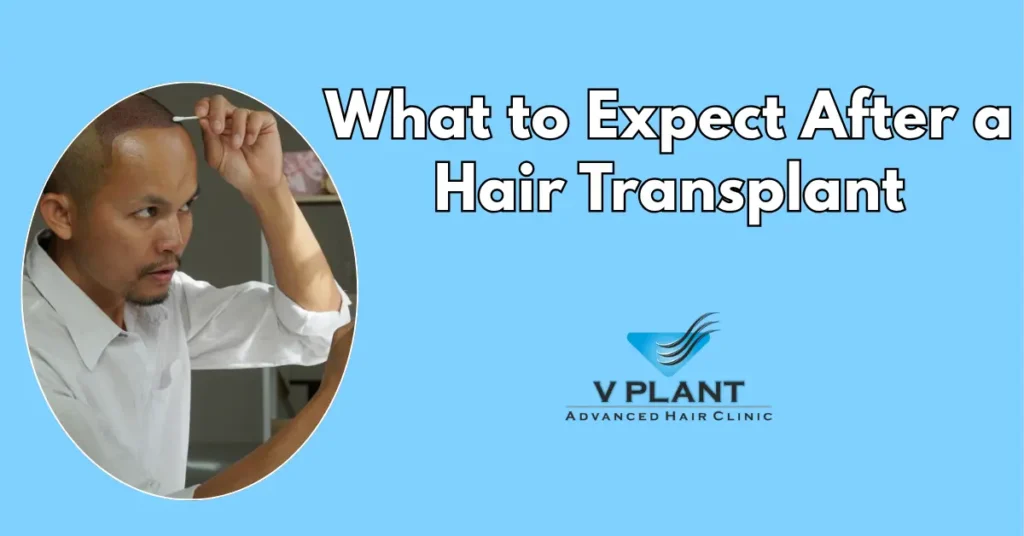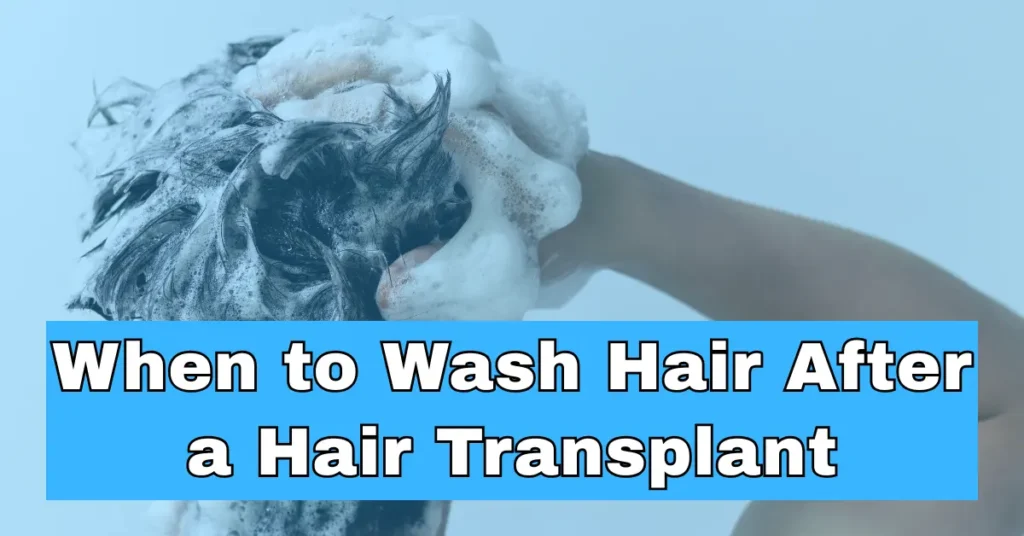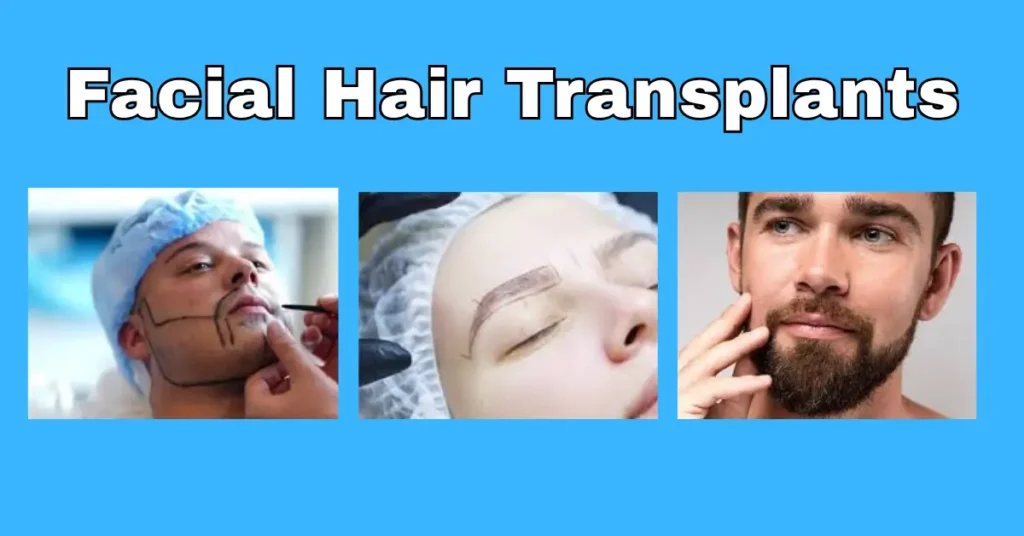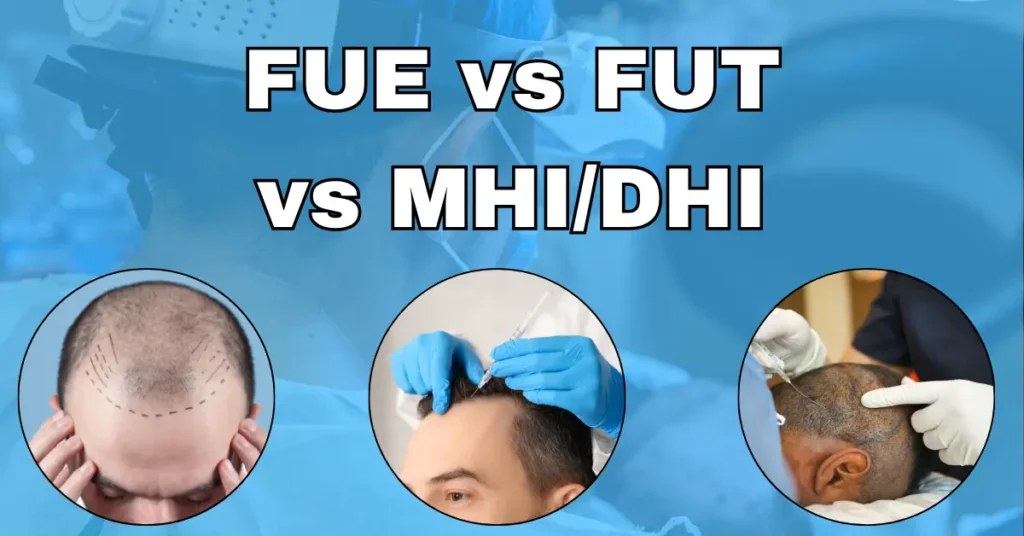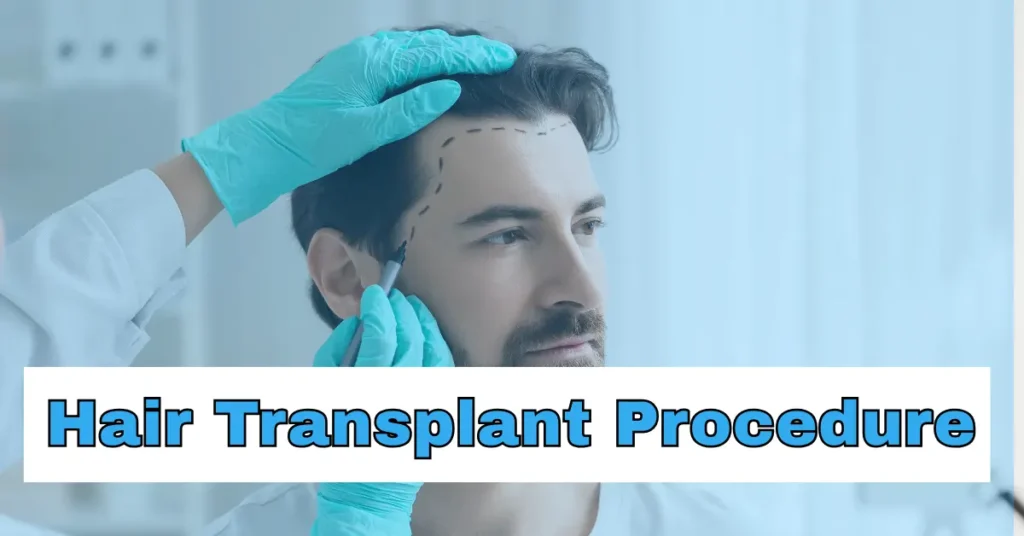Healthy hair starts with a healthy scalp. Effective scalp therapy techniques are not just about aesthetics—they create the right environment for strong, vibrant new hair growth and long-term hair restoration. If you’re dealing with dryness, itchiness, buildup, or even bald spots, your scalp could be the underlying issue.
These techniques—such as exfoliating scalp scrubs, hydrating oils, scalp massages, and professional options like LED therapy or microneedling—target the root, or more accurately, the hair follicle, to support hair regrowth and healthier strands. For men and women facing any type of hair loss, from androgenetic alopecia to stress-induced shedding, investing in your scalp care is a smart, supportive solution to hair loss. A nourished scalp means better nutrient absorption, less inflammation, and stronger growth from the donor site to the recipient area. Whether you’re using these techniques on their own or with hair transplant procedures like FUE hair transplantations, MHI, DHI, or FUT, scalp care enhances results and ensures your hair transplant experience leads to optimal outcomes.
Why Scalp Health Matters
Your scalp forms the base for every strand of transplanted hair and natural growth alike. Neglecting it can cause hair loss, split ends, breakage, and dullness—even after hair transplant surgeries. By actively taking care of your scalp, you encourage stronger, more resilient hair grafts. If you’ve undergone any types of hair transplant techniques, maintaining scalp health ensures long-lasting results. A clean, moisturized, and well-circulated scalp helps hair grow thicker, shinier, and more consistently over the long term.
What Makes a Healthy Scalp?
A healthy scalp is balanced—free from dandruff, irritation, and excessive oil. It has proper blood flow, ample moisture, and healthy follicles ready to support hair regrowth. A scalp in this condition reduces risk for infections and maximizes the success of any treatment for hair loss, including both medical therapy and hair transplant surgeries like Modified Hair Implantation (MHI / DHI), follicular unit extraction (FUE) or follicular unit transplantation (FUT). Factors like climate, lifestyle, stress, and genetics can all affect scalp health. Being mindful of these can help you tailor your care—especially if you’re considering a hair transplant procedure or working with a hair transplant surgeon on your solution for hair loss.
Typical scalp problems can significantly affect hair growth, making it harder for the hair follicle to thrive and support long-term hair regrowth.
1. Dandruff
Flaky, itchy skin caused by overactive shedding. Dandruff can clog follicles and hinder hair regrowth.
2. Dryness
Tightness and irritation from dehydration often lead to inflammation and thinning.
3. Scalp Buildup
Accumulated product, sebum, and dead skin block hair follicles, harming the donor area and recipient area alike.
4. Itchy Scalp
Often triggered by dryness or product reactions, this irritation can worsen hair loss over time. Recognizing the root cause helps you select the right technique or product—especially when preparing for or maintaining results from a hair transplant procedure or treating specific types of hair transplant concerns.
Effective Scalp Therapy Techniques
Scalp Massage
Boosts blood flow and nutrient delivery to each hair follicle—essential for new hair growth and supporting transplanted hair.
How to Massage Your Scalp:
- Use your fingertips in gentle circular motions
- Do this for 5–10 minutes daily
- Add oils like lavender or peppermint for added stimulation
This simple step can improve the hair transplant experience and stimulate the recipient area post-surgery.
Scalp Buildup Treatment
Buildup can suffocate follicles. Use exfoliators like the Malibu scalp therapy treatment or DIY scrubs with sugar or oatmeal. A clean scalp ensures that transplant surgeons have an optimal canvas and that hair grafts thrive post-procedure.
Moisturizing a Dry Scalp
Products like L’anza scalp therapy provide hydration and restore comfort. For deep moisture, use ingredients like shea butter and avocado oil. This is especially helpful for donor site healing after FUE hair transplantations or Modified Hair Implantation (MHI / DHI) procedures.
Dandruff Solutions
Use targeted shampoos like Paul Mitchell scalp therapy or Nioxin to reduce flakes and itchiness. Natural alternatives like tea tree oil or neem are antifungal and soothe irritated areas. Keeping dandruff under control is key to protecting hair grafts and encouraging hair regrowth.
Natural Remedies for Scalp Health
- Aloe Vera: Soothes and hydrates
- Apple Cider Vinegar: Balances pH, removes buildup
- Coconut Oil: Moisturizes and has antifungal effects
These are excellent additions for maintaining the health of the donor area and supporting the success of types of hair transplant procedures.
Specialized Salon-Grade Scalp Treatments
Oxygen Scalp Therapy
Delivers oxygen directly to the scalp, helping increase blood flow and reenergize each hair follicle for improved new hair growth. This is a great pre-treatment before hair transplant surgeries or as a follow-up to support healing.
Malibu Scalp Therapy Removes built-up impurities and enhances product absorption—perfect for preparing the donor site and recipient area ahead of a hair transplant procedure.
Choosing the Right Scalp Shampoo
Pick one based on your scalp’s condition:
- Oily Scalp: Choose clarifying shampoos
- Dandruff-Prone: Use targeted anti-dandruff options like Head & Shoulders
- Sensitive Scalp: Go sulfate-free and fragrance-free
Even post-FUT or FUE or Modified Hair Implantation (MHI / DHI), selecting the right products supports the longevity of your hair restoration results.
Is Head & Shoulders Good for Hair Health?
Yes, it’s effective for dandruff but should be matched to your specific needs. It’s best used in combination with gentler or hydrating shampoos if you’ve had a hair transplant procedure.
Scalp Care Tips for Daily Maintenance
- Regular Washing: Avoids buildup
- Avoid Overwashing: Retain natural oils
- Balanced Diet: Eat hair-friendly nutrients like biotin and Omega-3
- Hydration: Keeps the scalp supple and ready for hair regrowth
Bonus tip: Use silk pillowcases to reduce friction and promote overall scalp wellness.
Final Thoughts
Taking care of your scalp is essential—whether you’re preparing for hair transplant surgeries, trying to maintain transplanted hair, or simply seeking a natural solution to hair loss. From DIY scrubs to high-end therapies like MHI or DHI, every step toward scalp health strengthens your chances of achieving the lush, full hair you want.
A healthy scalp supports strong hair regrowth, preserves the results of your hair transplant experience, and boosts your confidence from the roots up. Whether you’re working with a hair transplant surgeon, considering types of hair transplant techniques, or managing androgenetic alopecia, never underestimate the power of scalp care.






